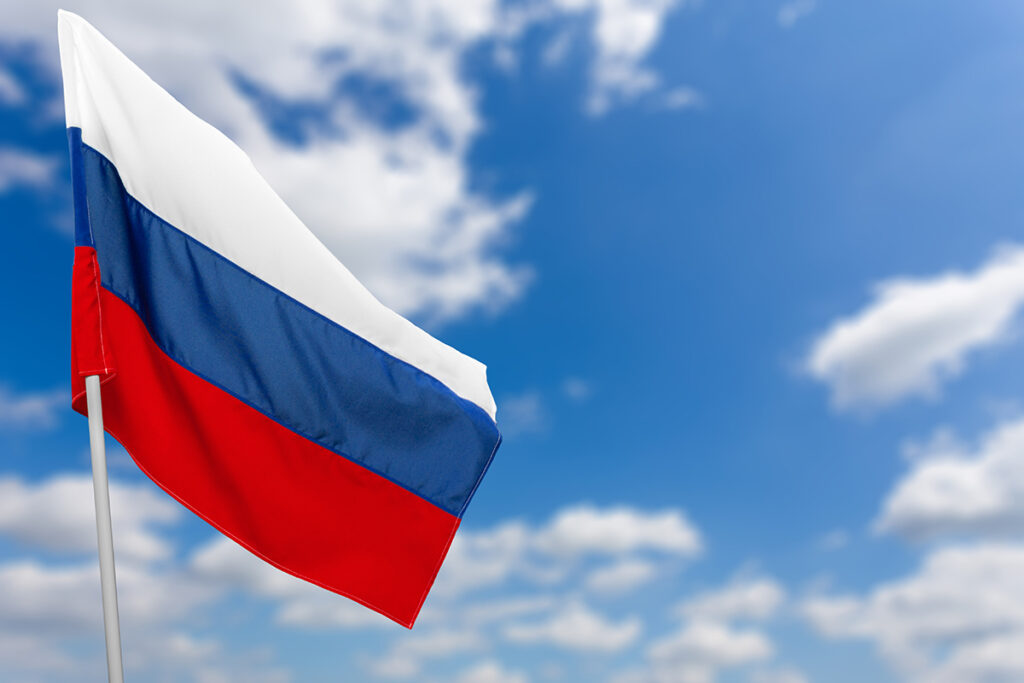In a momentous announcement by the International Olympic Committee (IOC), Russian athletes have been given the green light to participate in the upcoming 2024 Paris Olympics under a special neutral status. This decision reflects a concerted effort to reintegrate Russia and its close ally, Belarus, into the global sports community, all the while taking into account the athletes’ stance on the Ukraine conflict.
The IOC’s decision marks the culmination of a year-long initiative launched last year to rebuild Russia’s presence in international sports following a period of controversies and suspensions. This development comes nine months after the IOC encouraged sports governing bodies to explore avenues for individual athletes to compete, regardless of their country’s political situation.
Under this arrangement, the responsibility for bestowing and overseeing neutral status for individual athletes falls squarely on the shoulders of each Olympic sport’s governing body. To be eligible, athletes must not have actively supported the conflict in Ukraine and must not be affiliated with military or state security agencies.
At present, there are 4,600 athletes worldwide who have qualified for the Summer Games, with eight Russians and three athletes from Belarus among them. However, it is anticipated that only a select few will navigate the existing qualification systems set forth by their respective governing bodies. It’s important to note that Russia remains banned from participating in team sports at the Olympics.
For athletes granted neutral status, they will be required to compete without any national symbolism, including their flag, anthem, or national colors. For example, the International Gymnastics Federation has mandated light blue uniforms for these athletes.
This decision arrives after a series of evolving positions taken by various sports organizations regarding Russian participation in international competitions since the Ukraine conflict commenced in February 2022. World Athletics, the governing body for track and field, had adopted the strictest stance by excluding all Russian athletes from international competition since the conflict’s outset.
While the IOC and its President, Thomas Bach, initially supported the notion of barring Russia from sports in response to the conflict, their stance evolved throughout the past year, particularly as the qualifying events for the Paris Olympics drew nearer.
Ukrainian officials, including President Volodymyr Zelenskyy, have consistently called for Russia and Belarus to be completely expelled from the Olympics. They expressed concerns that any medals won by Russian athletes could be exploited as propaganda by their respective governments, particularly since many successful Russian athletes have affiliations with military sports clubs tied to the army.
In contrast, the IOC has stressed the principle that athletes should not bear the brunt of actions taken by their governments, emphasizing the ongoing global conflicts, including the war in Ukraine.
Significantly, last year, Thomas Bach underscored the gravity of Russia’s violation of the United Nations-backed Olympic Truce during the Winter Games and Paralympics in China. A new Olympic Truce for Paris was recently endorsed at the United Nations, with 118 out of 193 member states voting in favor, while Russia and Syria opted to abstain.
As the sports world gears up for the 2024 Paris Olympics, the decision to grant neutral status to Russian athletes spotlights the intricate relationship between international sports and geopolitics. It offers athletes the opportunity to compete on the world stage while delicately navigating the realm of sensitive political issues.


